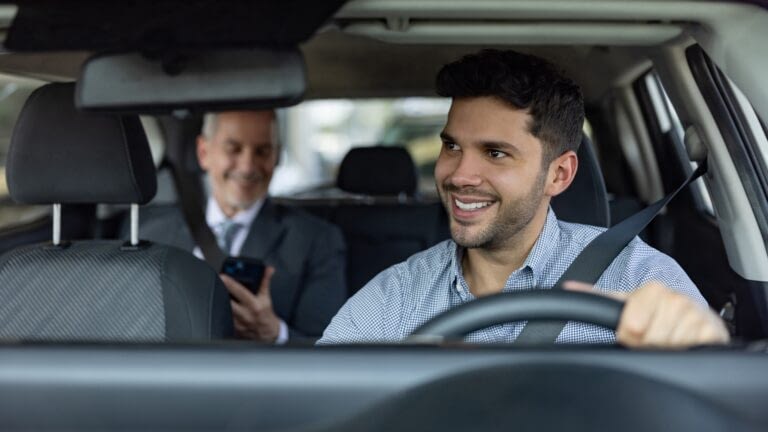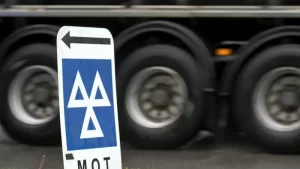What You Need to Know About Auto Insurance As a Rideshare Driver

Ridesharing driving can be a great way to earn income on a flexible schedule. If you are working as a rideshare driver, it is important to ensure you have the auto insurance coverage you need. Insurance provided by rideshare companies such as Uber and Lyft will not cover their drivers in all situations. Speak with our friendly agent for help with the coverage you need at the best available rates.
Will Personal Car Insurance Cover Rideshare Driving?
Most personal auto insurance policies exclude rideshare trips. Personal policies are priced based on personal use of the vehicle only and are not designed to cover business use of the vehicle. If you are rideshare driving, the typical personal auto insurance policy will not cover you while you are working. However, many major insurance companies now offer policies specifically for rideshare drivers.
What Does Rideshare Company Insurance Cover?
State laws require most rideshare companies to provide insurance for their drivers. This coverage typically will not apply when the rideshare app is off, and you are not on the clock. Uber and Lyft both provide different amounts of liability coverage depending on the circumstances:
If the app is on and you are waiting for a ride request when a crash occurs, these companies provide third-party liability coverage of up to $50,000 in bodily injury per person, $100,000 in bodily injury per accident, and $25,000 in property damage per accident.
If the app is on and you are heading to pick up a passenger or transporting a passenger to a destination, Uber and Lyft provide $1 million in third-party liability coverage, uninsured/underinsured bodily injury coverage, and contingent comprehensive and collision coverage.
What Does Rideshare Insurance Cover?
Rideshare insurance can fill in the gaps between your personal auto insurance policy and the company’s liability coverage. For example, rideshare companies typically do not provide collision or comprehensive coverage when the app is on, and you are waiting for a ride request. It is likely that your personal auto insurance will not cover that period, as you were technically on the clock. If a crash that causes damage to your vehicle happens during that interval, you may have to pay for the repairs out of pocket without additional rideshare coverage.
In some states, rideshare drivers may add a rideshare endorsement onto a personal auto insurance policy to help fill the gaps between personal coverage and the company’s coverage. What is covered by these policy endorsements can vary from state to state. It is a good idea to speak with a knowledgeable agent, so you understand exactly what coverage you have.
What Happens If You Fail to Notify Your Insurer That You Are Rideshare Driving?
There could be negative consequences if you fail to disclose to your personal auto insurance company that you are working as a rideshare driver. Your insurer could reject a claim after a crash or even cancel your policy. It could be financially devastating to be in business without protection, and car insurance is mandatory for all drivers in nearly every state.



